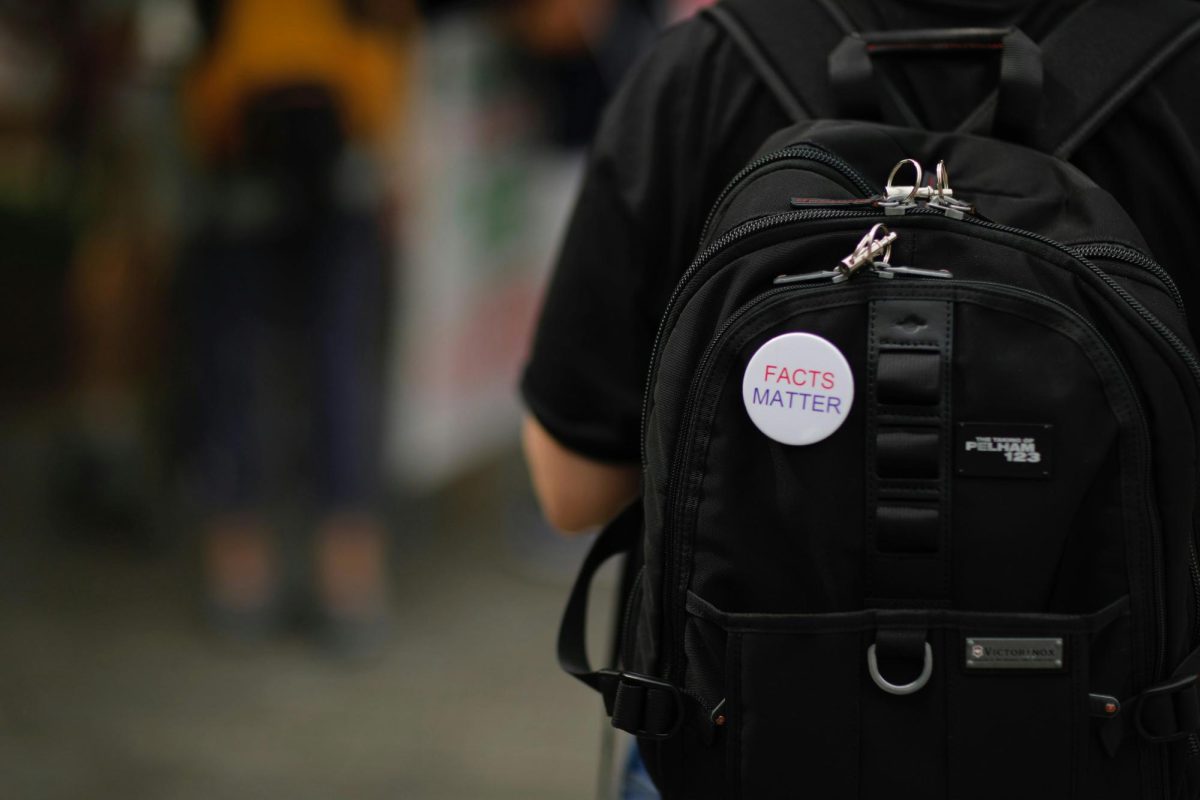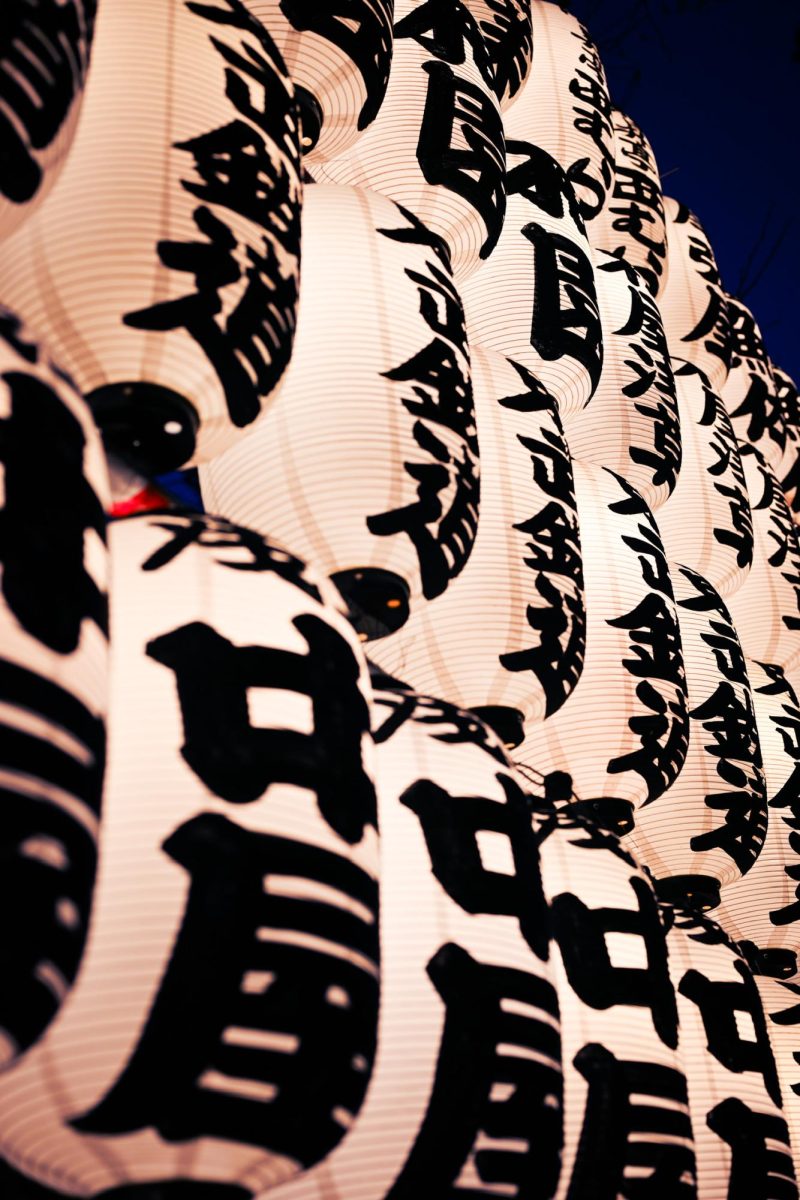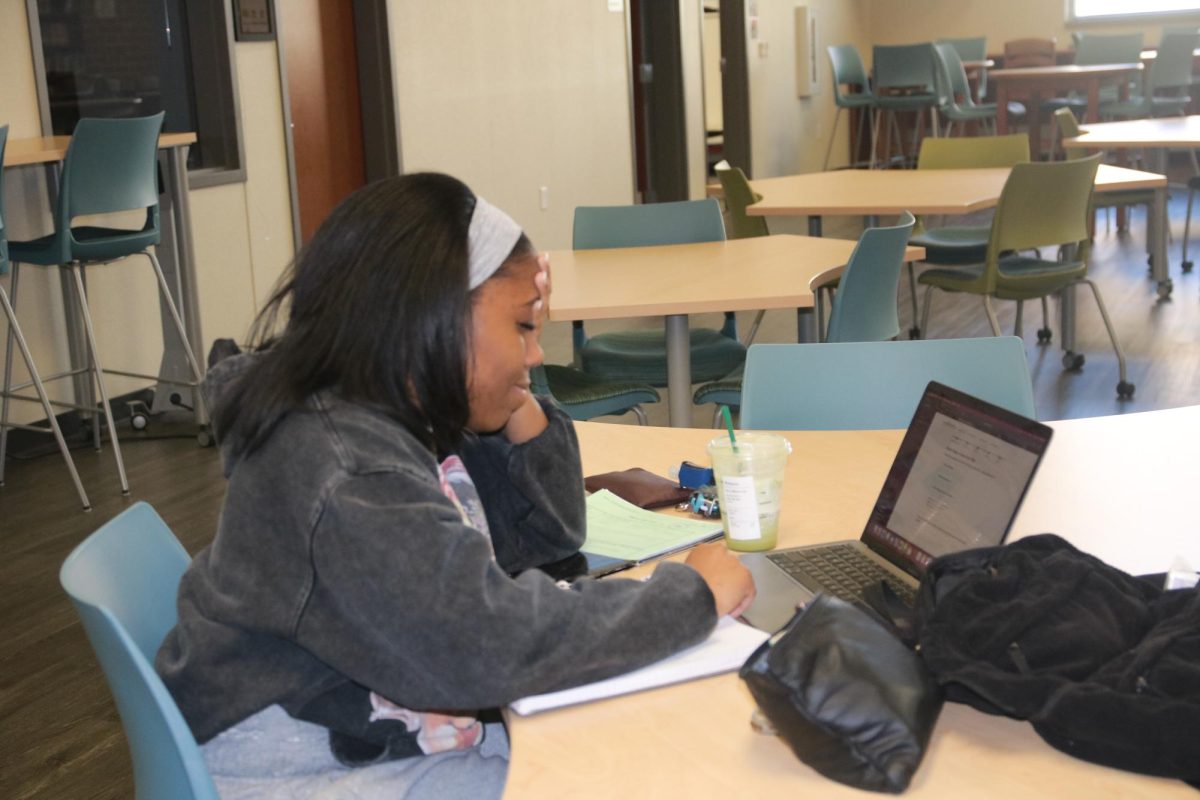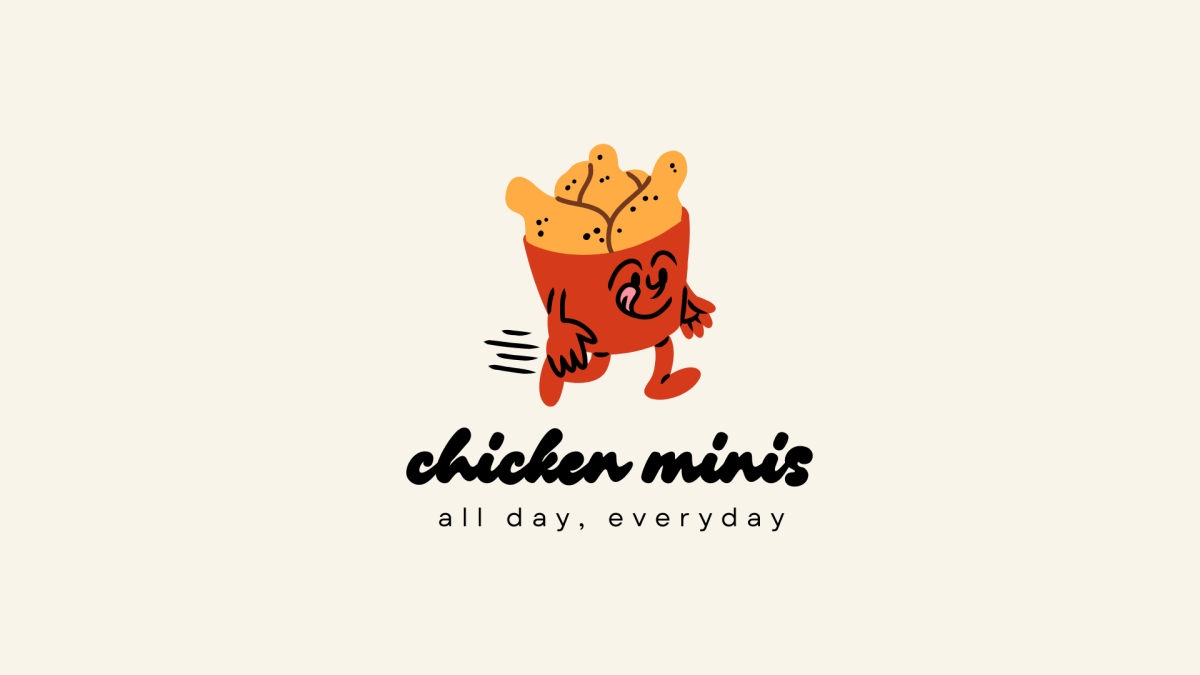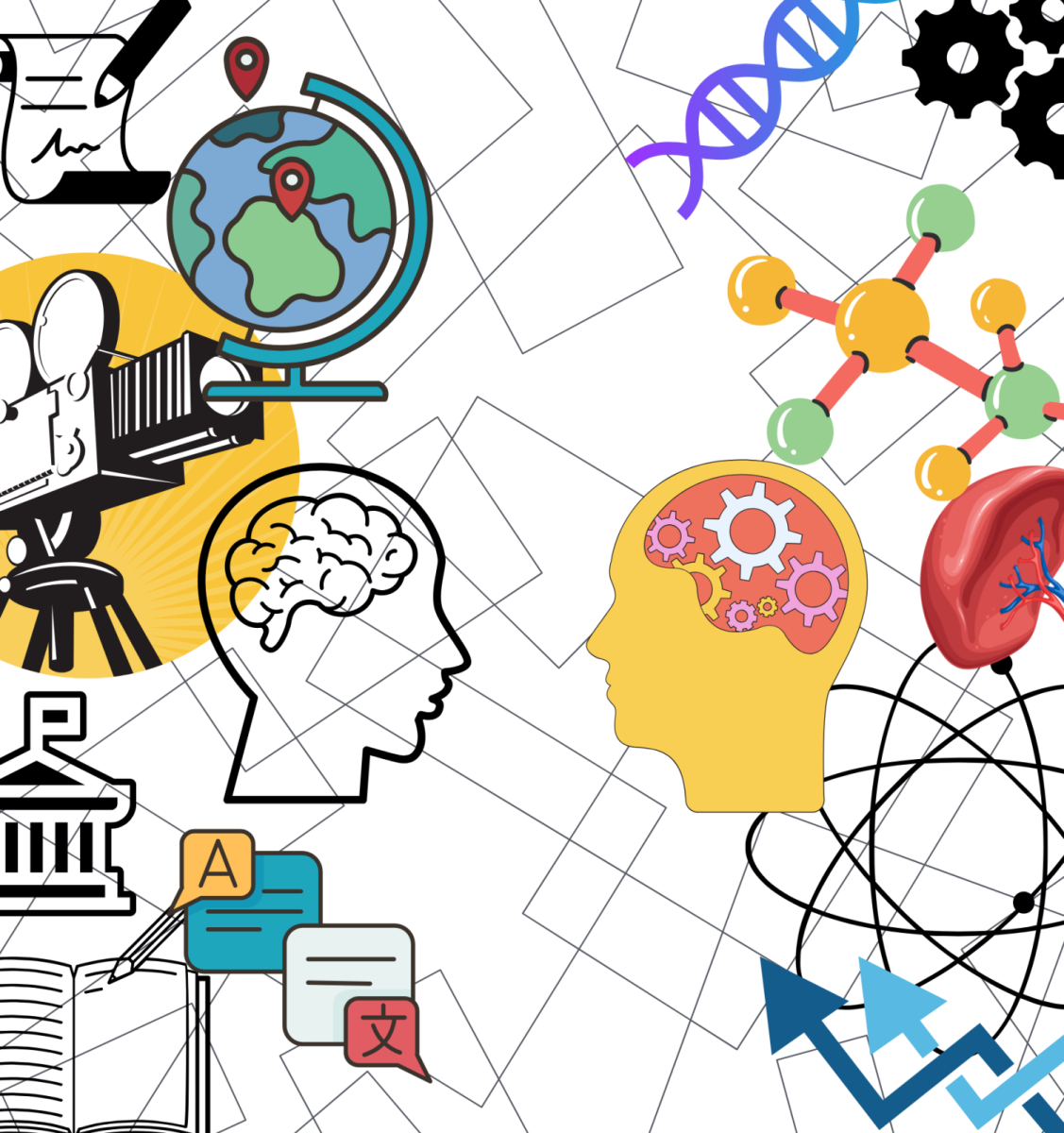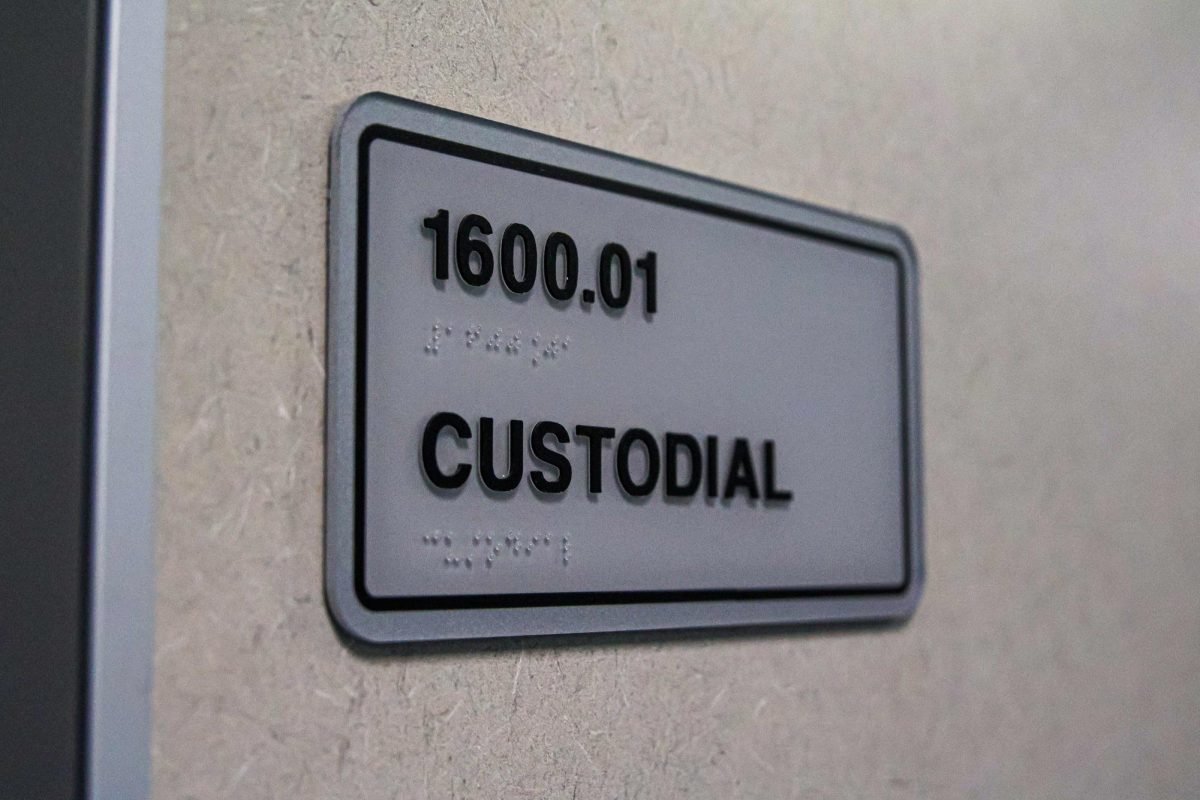Academic cheating has likely existed since the creation of schools entirely, evolving over decades, generations, and continents. Sneaking notes, writing answers on various body parts or hosting Socratic seminars about tests when the teacher leaves the room—never is there more creativity amongst a group of adolescents than when they plan to cheat. Yet, the most recent form of academic dishonesty is intrinsically uncreative. Relying upon books of computer code, AI usage has become an undeniable disease amongst students.
While the feeble process of typing in a sentence-long prompt may seem victimless, the real danger lies within students’ loss of crucial writing skills. Students are losing valuable writing skills for favor of having software such as ChatGPT, write for them. The reality is, the ability to articulate words into a written work is a skill that nearly every career warrants; it doesn’t go away (no, not even in STEM-based fields). So, when AI is used in place of practicing actual literacy, the only people hurt are the users.
Ultimately, cheating will never end entirely; after all, students will do as students have done for decades. However, by understanding the actual effects of AI usage in schools, we can work towards creating an environment where overwhelmed or confused students turn not to AI, but rather to their teachers and peers for assistance.


